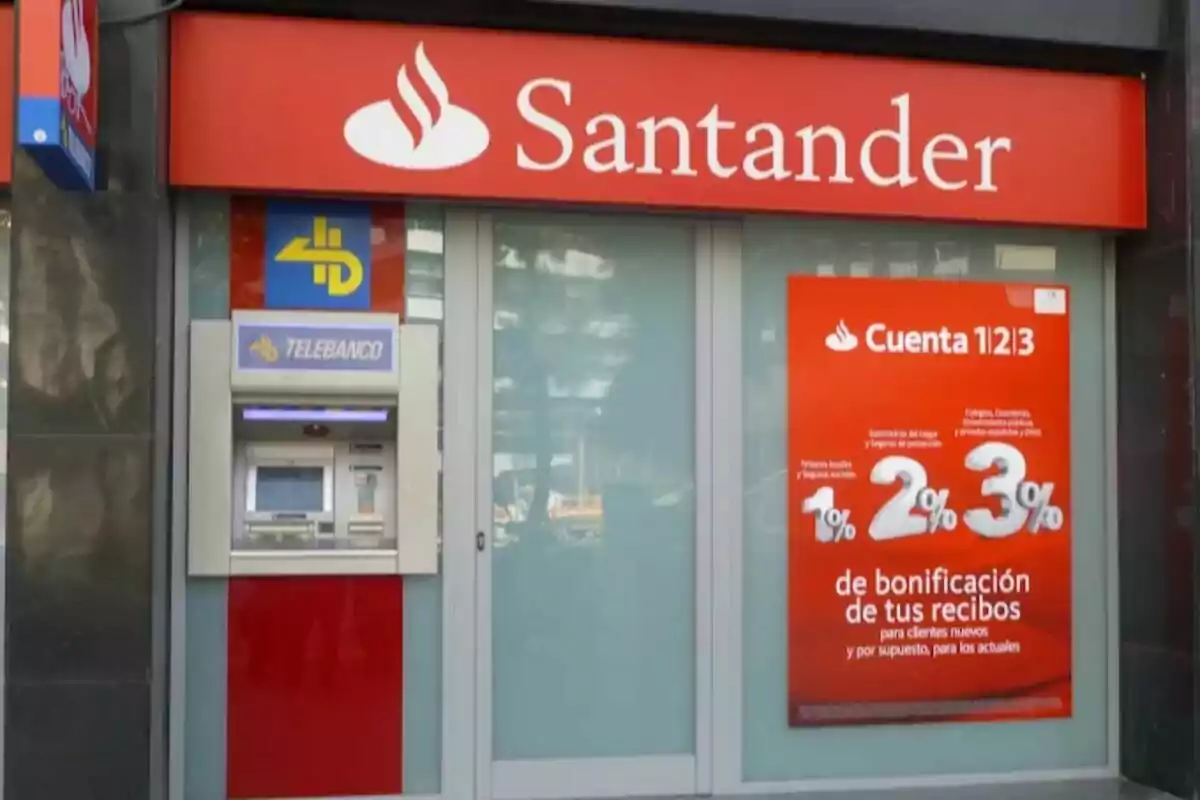Banco Santander has issued a warning. Telephone scams, particularly those in which criminals impersonate company employees or bank managers, are becoming increasingly common and sophisticated.
These types of fraud take many forms and tend to increase during the summer, when people are more relaxed and less vigilant. So Santander wanted to warn its customers.

|
Banco Santander and other private banks are constantly warning customers about the risks of these scams and providing advice on how to avoid them. These scams not only seek to obtain money illegally, but also to gain access to the victims’ personal and financial information.
A recent example of alerting comes from Banco Santander, which has started sending mobile notifications to keep its customers informed and protected.
Fraud that Banco Santander warns against
One of the latest scams involves a call in which scammers impersonate a telephone company. In this call, the victim is asked to dial the code 21 followed by a mobile phone number. Banco Santander has warned that this is a new scam strategy that seeks to redirect the victim’s calls to the scammer’s number, thus facilitating the impersonation.
This type of fraud is particularly dangerous because by diverting calls, criminals can obtain confidential information intended for the victim and impersonate the victim in other fraudulent transactions.

|
The code you need to remember
By entering this code, incoming calls are diverted to the scammer’s number, allowing criminals to impersonate the victim in various fraudulent situations. This includes making purchases, obtaining additional banking information, or even applying for loans.
In addition to these calls, it is common for scammers to send SMS messages containing malicious links, aimed at obtaining personal information or installing viruses on the victim’s device. These messages tend to look official and urgent, which increases the likelihood that the victim will fall into the trap.
To protect yourself from these threats, banks recommend not to trust any suspicious messages or calls. It is necessary to contact a trusted bank representative directly to verify the authenticity of the communications received.
Additionally, they advise against entering codes on your phone, or accessing links or QR codes received via instant messages. Not only that, never provide personal information over the phone or text message without being completely sure of the identity of the person requesting it. It is important to remember that legitimate banks and companies will never ask for this type of information directly or through unsecured channels.

“Infuriatingly humble social media buff. Twitter advocate. Writer. Internet nerd.”









